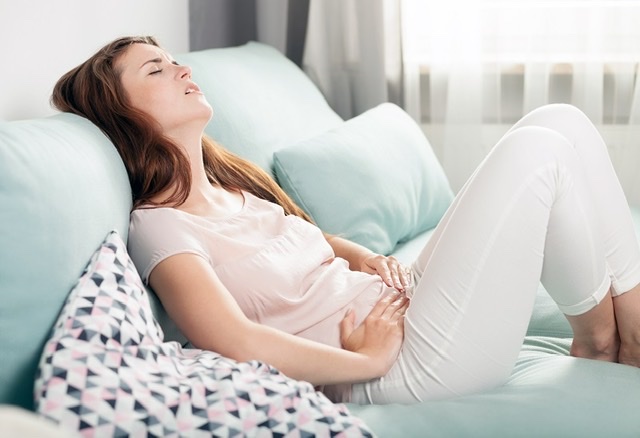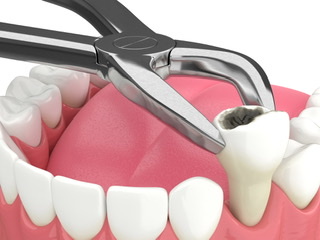Menstruation is the technical term for getting your period. About once a month, females who have gone through puberty will experience menstrual bleeding. People normally asked: what are the signs that your period is coming tomorrow ? In this article, we’ll know what menstruation is and the signs that your period is coming tomorrow.
What is menstruation aka Period ??
Menstruation occurs when the lining of the uterus sheds, turning into blood. This blood then flows out of the body through the vagina. It is also known as a period.

Periods happen due to the menstrual cycle. This is the rise and fall of hormones, such as estrogen and progesterone, that influence female fertility over the course of around 21–35 days.
Fertility peaks roughly halfway through the cycle with ovulation, which is when the ovaries release an egg. This causes the uterine lining to thicken in preparation for a potential pregnancy. If no sperm fertilizes the egg, the uterus sheds this lining, and the cycle begins again.
The length of someone’s cycle, duration of their periods, and the day they ovulate vary from person to person. Sometimes, it also varies from cycle to cycle.
What are some of the signs that your period is coming tomorrow
It’s normal to experience any of the following symptoms just before your period starts
Your breasts are sore or heavy.
Breast pain linked to periods is called cyclical breast pain. Your breasts may feel tender or swollen right after ovulation until a few days after period bleeding starts. Changes in the hormones estrogen, progesterone, and prolactin, the breastfeeding hormone, may play a role.
Abdominal cramps
Abdominal, or menstrual, cramps are also called primary dysmenorrhea. They’re a common PMS symptom. Abdominal cramps can start in the days leading up to your period and last for several days or longer once your period starts. The cramps may range in severity from dull, minor aches to extreme pain that stops you from participating in your usual activities.
Menstrual cramps are felt in the lower abdomen. The achy, cramping feeling may also radiate out toward your lower back and upper thighs.

The cramps are caused by uterine contractions, which help shed the inner lining of the uterus (endometrium) when a pregnancy doesn’t take place. The production of fatty-acid hormones called prostaglandins trigger these contractions. Although these lipids cause inflammation, they also help regulate ovulation and menstruation.
Some people experience their most intense cramping while their menstrual flow is at its heaviest.
You’re tired but you can’t sleep.
Fatigue is a vicious cycle for many women at this point in their cycle. Shifting hormones disturb your sleep patterns and make you feel tired. Changes in estrogen and progesterone may also increase core body temperature, especially when sleeping. You’re more likely to get good sleep when your core body temperature decreases.
Headache
Since hormones are responsible for generating the pain response, it’s understandable that fluctuating hormonal levels might cause headaches and migraine to occur.
Serotonin is a neurotransmitter that often sets off migraine and headaches when its levels fluctuate. Estrogen may increase serotonin levels and the number of serotonin receptors in the brain at certain points during the menstrual cycle, setting off migraine attacks in those who are prone to them when the interplay reverses.
More than of women who get migraine report an association between the occurrence of migraine and their period. Migraine attacks might occur before, during, or immediately following menstruation.
Some people also experience migraine attacks at the time of ovulation. A clinic-based study found that migraines were 1.7 times more likely to occur 1 to 2 days before menstruation and 2.5 times more likely to occur during the first 3 days of menstruation.
You’re having mood swings.
The shift in hormones that cause physical period signs can also affect your emotions. You may have crying spells or feel angry and irritable.
You’re anxious and depressed. Depression and anxiety are commonly linked to PMS. About half the women who seek help for period signs have some type of depression or anxiety disorder. A history of either condition could make your premenstrual symptoms worse.
Bloating
If your tummy feels heavy or it feels like you can’t get your jeans to zip up a few days before your period, you may have PMS bloating. Changes in estrogen and progesterone levels can cause your body to retain more water and salt than usual. That results in a bloated feeling.
The scale may also go up a pound or two, but PMS bloating isn’t permanent weight gain. Many people get relief from this symptom 2 to 3 days after their period starts. Often the worst bloating occurs on the day that bleeding begins.
Breakouts
Menstruation-related breakouts are fairly common. One study looking at a group of women found that around half noticed an increase in acne about a week before their period started.
These pre-period breakouts often erupt on the chin and jawline, but can appear anywhere on the face, back, or other areas of the body. The acne is caused by the natural hormonal changes associated with the female reproductive cycle.
If no pregnancy takes place when you ovulate, estrogen and progesterone levels decline while androgens, such as testosterone, increase slightly. The androgens in your system stimulate production of sebum, an oil produced by glands within the skin.
When too much sebum is produced, acne breakouts are a common result. Period-related acne often dissipates near the end of menstruation or shortly afterward when estrogen and progesterone levels start to climb.
Irregular periods
Irregular periods occur when a menstrual cycle is much shorter, longer, or more changeable than average.
To an extent, cycle variations are common, especially during puberty or perimenopause. While health organizations often quote 28 days as the average cycle length, only about 16% of people have a menstrual cycle that is this length, according to a 2020 study.
To receive a medical diagnosis of irregular periods, or oligomenorrhea, periods have to be more than 35 days apart or occur fewer than 4–9 times per year.
A variety of factors can cause irregular periods. They include:
- stress or anxiety
- changes in birth control method
- hormone imbalances
- bleeding disorders
- benign lesions like uterine fibroids, endometrial polyps, and scarring
- medications
- infections in the uterus
- cancer of the uterine lining or cervical cancer
Anyone who is concerned about irregular periods should contact a doctor.





